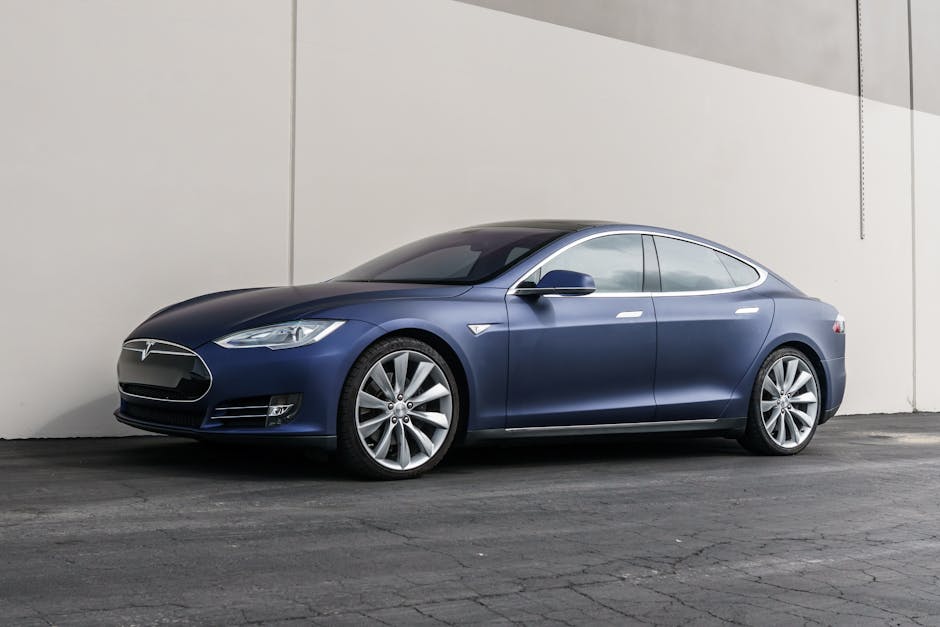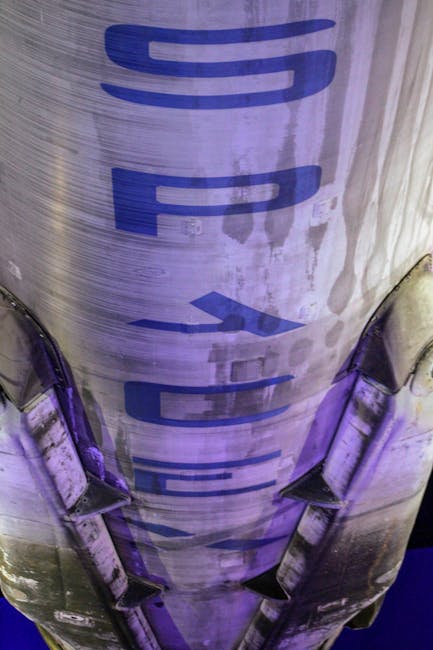Elon Musk: Visionary Genius or Reckless Disruptor? A Deep Dive into His Life and Impact
Elon Musk. The name alone evokes a whirlwind of reactions: awe, admiration, skepticism, even outright condemnation. He’s a figure who transcends the typical business magnate, operating on a scale and with an ambition few can comprehend. This deep dive explores the multifaceted life and career of Elon Musk, examining his groundbreaking successes, his controversial pronouncements, and the lasting impact he’s having on the world.
Early Life and Entrepreneurial Beginnings
Born in South Africa, Musk’s early life wasn’t without its challenges. He displayed an exceptional aptitude for technology and entrepreneurship from a young age, selling his first software program at the age of 12. This early foray into the world of business foreshadowed his future endeavors, showcasing his inherent drive and ambition. His move to Canada and later the United States further fueled his ambitions, providing him with access to opportunities and resources that allowed him to pursue his increasingly audacious goals.
Zip2 and X.com: Laying the Foundation
Musk’s first major successes came with Zip2, a software company he co-founded that provided online city guides for newspapers. The sale of Zip2 provided him with the capital to launch X.com, an online financial services and email payment company. This venture, though ultimately merging with Confinity to become PayPal, proved crucial in shaping Musk’s understanding of online business and the power of technology to disrupt established industries. His eventual sale of PayPal made him a multi-millionaire, providing the financial bedrock for his subsequent ambitious projects.
SpaceX: Reaching for the Stars
SpaceX, arguably Musk’s most ambitious and impactful venture, represents a bold attempt to revolutionize space exploration and make humanity a multi-planetary species. Founded in 2002, SpaceX has achieved remarkable feats, including the development of reusable rockets, the successful launch and landing of Falcon 9 rockets, and the ongoing development of the Starship program, which aims to enable human travel to Mars. This company’s impact on the private space industry is undeniable, fostering competition and driving down costs significantly.

Falcon 9 and Falcon Heavy: Reusable Rocketry’s Triumph
The development of reusable rocket technology is a key element of SpaceX’s success. Prior to SpaceX, rockets were largely disposable, adding substantially to the cost of space travel. The successful development and deployment of the Falcon 9 and Falcon Heavy rockets, capable of vertical landing and reuse, represents a groundbreaking achievement, drastically lowering the cost of space access and opening up new possibilities for both scientific research and commercial applications.
Starship: The Mars Colonization Project
Musk’s ultimate vision for SpaceX is the colonization of Mars. The Starship program, currently under development, represents an ambitious attempt to achieve this goal. Starship is designed to be a fully reusable spacecraft capable of carrying large payloads to Mars and beyond. While still in its development phase, the project has already demonstrated promising progress, and its potential impact on humanity’s future is immense. This grand ambition has attracted both enthusiastic support and significant criticism, with many questioning its feasibility and the associated ethical implications.
Tesla: Electrifying the Automotive Industry
Tesla, a company Musk co-founded, has arguably had the biggest impact on the global automotive industry. Its focus on electric vehicles (EVs) has not only challenged traditional automakers but has also significantly advanced the development and adoption of sustainable transportation. The company’s innovative technology, advanced battery systems, and cutting-edge autonomous driving features have redefined the landscape of the automotive industry.
Model S, Model 3, Model X, and Model Y: The Rise of Electric Vehicles
Tesla’s lineup of electric vehicles, from the Model S to the Model Y, has demonstrated the viability and desirability of EVs, moving them from niche products to mainstream contenders. The company’s success has spurred other automakers to invest heavily in EV development, accelerating the transition towards sustainable transportation and contributing significantly to the fight against climate change.

Autopilot and Full Self-Driving: The Future of Driving?
Tesla’s commitment to autonomous driving technology, through its Autopilot and Full Self-Driving (FSD) systems, represents another disruptive force in the automotive industry. While still under development, the technology has demonstrated promising capabilities, albeit with ongoing debates regarding safety and regulatory hurdles. The successful implementation of fully autonomous driving could revolutionize transportation, increasing efficiency and potentially reducing accidents.

The Neuralink and The Boring Company: Diversification and Future Endeavors
Musk’s entrepreneurial spirit extends beyond SpaceX and Tesla. He’s also involved in Neuralink, a neurotechnology company developing brain-computer interfaces, and The Boring Company, focused on innovative transportation solutions through tunnel construction. These ventures highlight Musk’s diverse interests and his ambition to tackle some of humanity’s most complex challenges.
Neuralink: Bridging the Gap Between Brain and Machine
Neuralink aims to develop implantable brain-computer interfaces that could revolutionize the treatment of neurological conditions and potentially enhance human cognitive abilities. This technology, though still in its early stages, holds enormous potential, but also raises significant ethical questions concerning its potential misuse and societal impact.
The Boring Company: Reimagining Urban Transportation
The Boring Company tackles the problem of urban congestion through the development of underground transportation tunnels. While initially met with skepticism, the company has made progress in demonstrating the feasibility of its technology, aiming to create high-speed, efficient transportation networks that could alleviate traffic problems in major cities.
Criticism and Controversy: A Complex Legacy
Despite his numerous successes, Musk has faced considerable criticism and controversy throughout his career. His outspoken nature, unconventional management style, and occasionally reckless pronouncements have drawn significant attention and generated both fervent support and vehement opposition. These criticisms, while sometimes valid, should be considered alongside his significant achievements and transformative impact.
- Management style: Musk’s demanding and often unconventional leadership style has been criticized for creating a high-pressure work environment.
- Public statements: His controversial tweets and public statements have sometimes led to market volatility and regulatory scrutiny.
- Workplace culture: Accusations of workplace toxicity and unfair labor practices have further fueled criticisms.
Conclusion: A Lasting Impact
Elon Musk’s impact on the world is undeniable. Whether viewed as a visionary genius or a reckless disruptor, his contributions to space exploration, electric vehicles, and numerous other fields have reshaped industries and sparked global conversations. His legacy, still being written, will undoubtedly continue to be a subject of debate and fascination for years to come. His audacious ambitions, while often met with skepticism, consistently challenge the boundaries of what’s possible, pushing the limits of human innovation and leaving an indelible mark on the 21st century.

